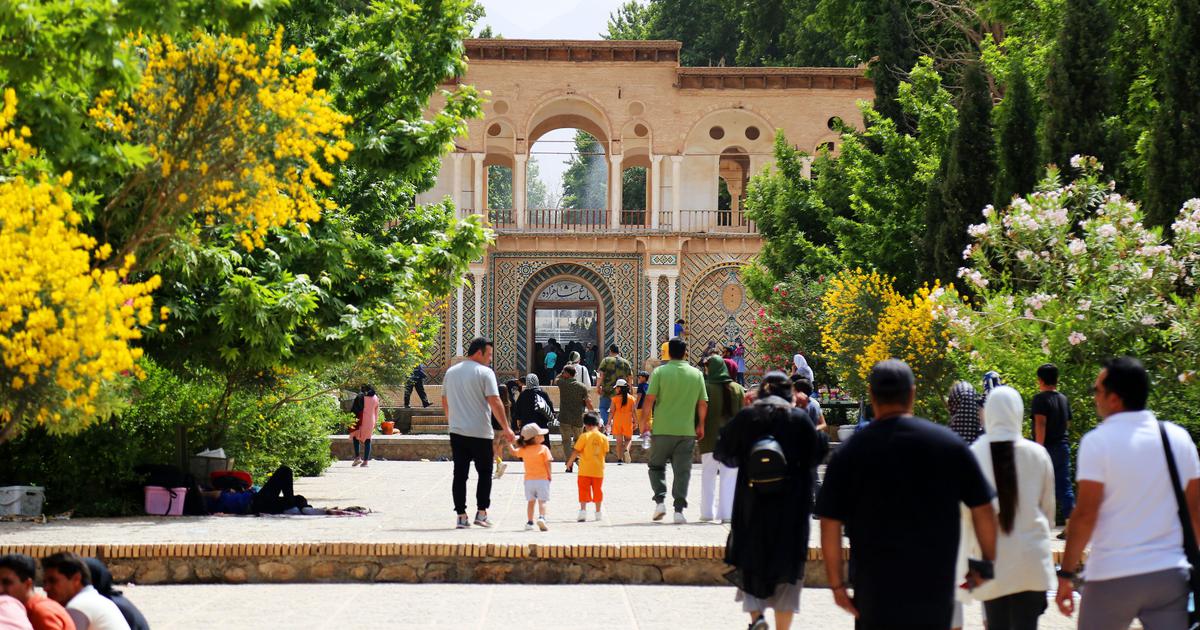How the idea of paradise dates back to the ancient gardens of Persia

Join our WhatsApp Community to receive travel deals, free stays, and special offers!
- Join Now -
Join our WhatsApp Community to receive travel deals, free stays, and special offers!
- Join Now -

Some of the most enduring ancient myths in the Persian world were centred around gardens of almost unimaginable beauty and opulence.
The biblical Garden of Eden and the Epic of Gilgamesh’s Garden of the Gods are prominent examples. In these myths, paradise was an opulent garden of tranquillity and abundance.
But how did this concept of paradise originate? And what did these beautiful gardens look and feel like in antiquity?
Pairi-daēza
The English word “paradise” derives from an old Persian word pairidaeza or pairi-daēza, which translates as “enclosed garden”.
The origins of paradise gardens lie in Mesopotamia and Persia (modern Iraq and Iran).
The Garden of the Gods from the Epic of Gilgamesh from about 2000 BCE is one of the earliest attested in literature.
Some argue it was also the inspiration for the legend of the Garden of Eden in the book of Genesis. In both of these stories, paradise gardens functioned as a type of utopia.
When the Achaemenid kings ruled ancient Persia (550-330 BCE), the development of royal paradise gardens grew significantly. The paradise garden of the Persian king, Cyrus the Great, who ruled around 550 BCE, is the earliest physical example yet discovered.
During his reign, Cyrus built a palace complex at Pasargadae in Persia. The entire complex was adorned with gardens which included canals, bridges, pathways and a large pool.
One of the gardens...
Read more
What's Your Reaction?
 Like
0
Like
0
 Dislike
0
Dislike
0
 Love
0
Love
0
 Funny
0
Funny
0
 Angry
0
Angry
0
 Sad
0
Sad
0
 Wow
0
Wow
0























































